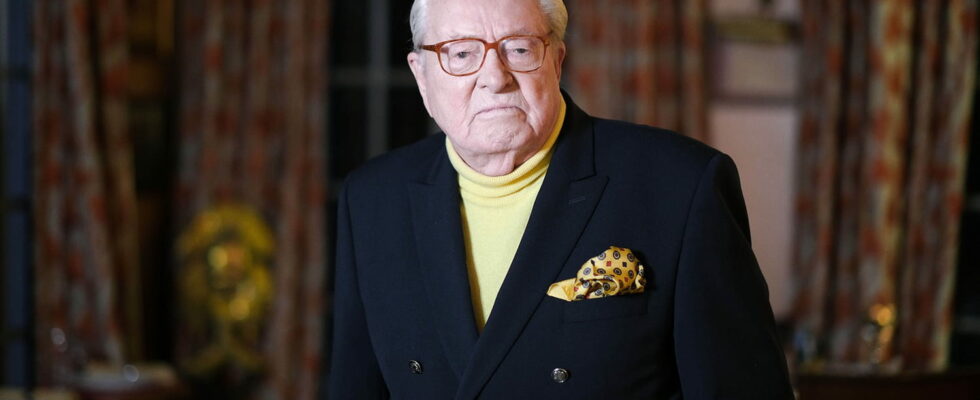If Jean-Marie Le Pen has always denied the accusations of torture brought against him, testimonies and archives seem to contradict the founder of the National Front.
Enlisted in the 1st Foreign Parachute Regiment in October 1956, Jean-Marie Le Pen participated, as section leader, in the Battle of Algiers. Dark years during which the soldier allegedly committed acts of torture. Acts that the main person concerned has always denied… or almost. “I have nothing to hide. We tortured because it had to be done. When you bring someone who has just planted 20 bombs that could explode at any moment and he doesn’t want to not speak, exceptional means must be used to force him to do so. It is the one who refuses to do so who is the criminal because he has on his hands the blood of dozens of victims whose deaths could have been avoided. still let go of Jean-Marie Le Pen during an interview published on November 9, 1962 in the newspaper Combat. Confessions which came a few months after the promulgation of the decree of March 22, 1962 according to which “amnesty for acts committed within the framework of law enforcement operations directed against the Algerian insurrection” was assured.
The day after the publication of his interview in Combatthe founder of the National Front, however, returned to his remarks, indicating: “I would like to clarify a certain number of points in the interview published in your newspaper on Friday, November 9, 1962. […] The methods of coercion used to dismantle the FLN terrorist networks, which attacked exclusively the civilian population with the aim of establishing a reign of terror, have, in the units that I personally knew, never been able to be assimilated to torture.”
“Around fifteen” complaints and physical proof brought from Algeria
A sequence that is disturbing to say the least and to which various pieces of evidence are added. As early as 1962, the historian Pierre Vidal-Naquet, particularly committed against torture, published in the columns of Truth Freedom an article in which he claimed, with supporting documents, to be certain that Jean-Marie Le Pen had practiced torture in February and March 1957 in Algeria. Among the documents, from the Algiers police archives. HAS 20MinutesFabrice Riceputi, author of Le Pen and torture: Algiers, 1957, history against oblivionconfides that he himself was able to examine “around fifteen” complaints filed by people claiming to be victims of Jean-Marie Le Pen. “When we come across [ces dépositions] between them and when we compare them to the historical elements that we have, they become perfectly credible,” he says.
Although there are no videos or confessions signed by Jean-Marie Le Pen concerning the acts of torture he allegedly committed, physical proof was nevertheless brought back from Algeria in 2003 by the special envoy of the World in Algiers during a defamation suit brought by the patriarch against the evening newspaper. This proof is none other than Jean-Marie Le Pen’s knife, engraved with his surname. It was discovered in 1957 in the Moulay family apartment. Family whose father was tortured that same year by paratroopers then under the orders of a certain Lieutenant Le Pen.
On the side of justice, Jean-Marie Le Pen has long been able to boast of winning his defamation cases against his detractors. However, it seems that the ex-soldier was primarily able to benefit from the amnesty put in place by the previously mentioned decree. From the 1980s and the ratification in 1984 by the United Nations of the Convention against Torture, according to which “any act by which severe pain or suffering, physical or mental, is intentionally inflicted on a person for the purpose of obtain information or confessions from her”, the courts were less lenient. Jean-Marie Le Pen notably lost his last three defamation trials.
